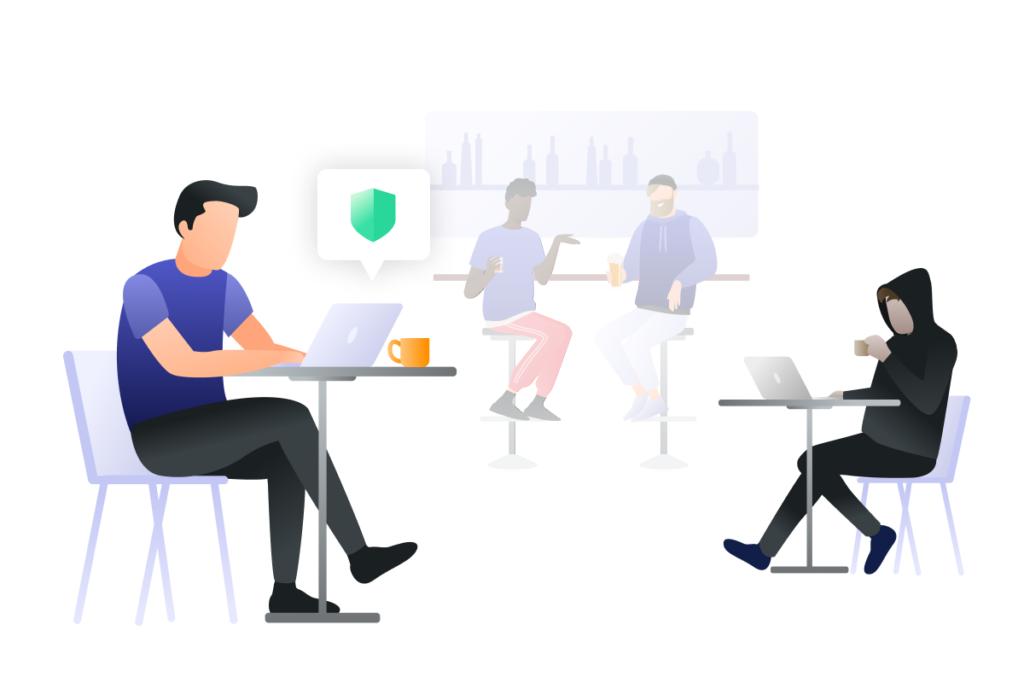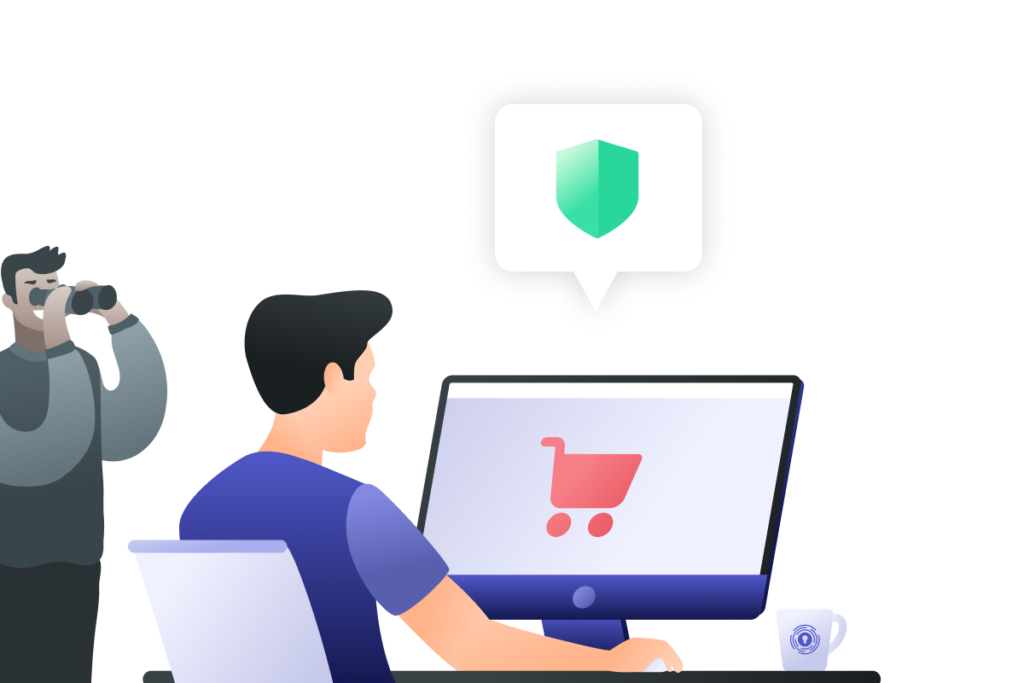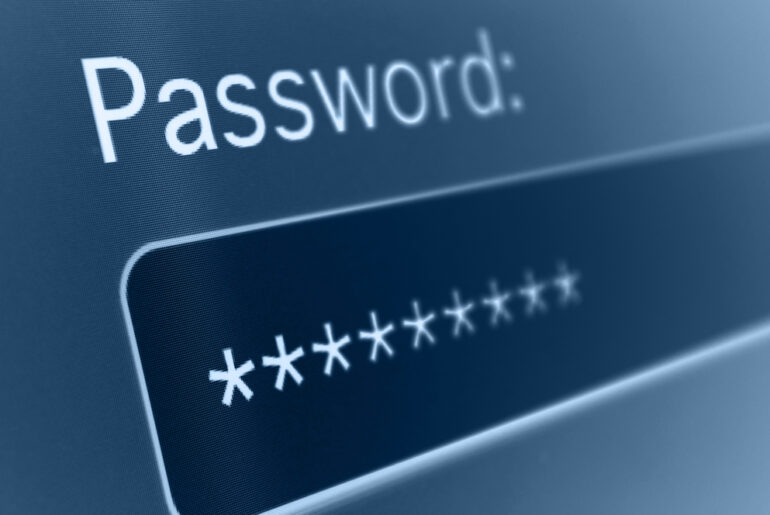In recent years, the U.S. has seen an increase in cases of online data breaches, identity theft, and fraud. Private information is being stolen and resold on the dark web at alarming rates. This dangerous pattern puts both businesses and consumers at risk. One of the fastest-growing uses for stolen data is synthetic identity theft, also known as synthetic identity fraud.
Protecting your personal information has become more vital than ever before, especially when it comes to private financial data. Learn to identify synthetic identity theft, how it is used by cybercriminals, and how you can avoid it.
What is Synthetic Identity Theft?
Most people are familiar with the idea of standard identity theft. This occurs when a criminal steals private data and uses it to make purchases or commit other crimes under their name. Identity theft can appear in different forms, depending on the intention of the criminal. Ultimately, the act can ruin an individual’s credit and put their financial security at risk. Businesses and organizations face threats from identity theft, as well, which is where synthetic identity theft comes into play.
Synthetic identity fraud is slightly different than traditional forms of identity theft. In terms of financial crimes, it can be one of the hardest to detect. In cases of synthetic identity theft, cybercriminals combine fake information with data they have stolen to create new identities. Once they create a fake identity, a criminal can then make fraudulent purchases and even apply for credit cards under the false name.
Another reason synthetic identity fraud is challenging to identify is that the fake identities contain different pieces of valid data. Criminals use contact information from one person and combine it with a Social Security number they took from someone else. This creates a false profile that can easily pass under the scrutiny of many organizations and financial institutions. As a result, synthetic identities are becoming more common than ever before.

How Criminals Use Synthetic Identity Fraud
When selecting targets for traditional manners of identity theft, cybercriminals aren’t too picky. Fraudsters cast a wide net and use whatever information they get, regardless of how wealthy their victims are or not. Synthetic identity fraud is slightly different, however. One of the most popular examples involves attackers who use Social Security numbers (SSN) from children to create fake identities. These criminals then use their new fake identities to apply for credit cards.
In many cases, a credit card company will deny the criminal’s request to open a new credit card. However, by denying a card to the fake identity, a profile is made in their credit reporting system. This profile contains the Social Security number that the criminal initially used to apply for the card. Creating this credit report profile, with the stolen Social Security number on it, increases the legitimacy of the false identity.
After building authority with a fake profile and a stolen SSN, criminals will continue to target other financial institutions. This includes small credit unions, banks, and even retailers that offer lines of credit like Target and Best Buy. If the synthetic identity is denied for a credit card, the cybercriminal will move on to the next opportunity.
Synthetic identity fraud attacks are hard to detect before they max out the credit cards and loans they took out. Occasionally, a criminal will allow these synthetic accounts to build credit and more reliable-looking authority for higher credit limits. Once a synthetic profile reaches their credit card limit or receives a loan, they move on to the next target.

Can You Prevent Synthetic Identity Theft?
Criminals who use synthetic identity theft typically target those individuals who are less likely to notice fraud or credit problems. Most notably, identity thieves go after SSN information from young children, homeless individuals, retired adults, and the recently deceased. These criminals capitalize on private data from those who don’t have the means or ability to track their financial information.
For parents, the idea of having their child’s identity stolen can be frightening. Reports of child identity theft are occurring more frequently in the past few years. This malicious practice is one that can be difficult to prevent but easy to spot. For example, one of the telltale signs is your child receiving mail from banks or credit unions. If you suspect that a cybercriminal is attempting to steal your child’s identity, it’s important to report it right away.
Synthetic identity theft can even have a serious, negative impact on businesses where fraudulent accounts, applications, and purchases are made. Preventing synthetic identity fraud is difficult for businesses because criminals have found ways of tricking certain systems and programs. This means that businesses must be diligent and critical in assessing the risks of signing on new customers and accounts. Double-checking individual pieces of information, even the applicant’s IP address, can help reduce synthetic fraud.
Protecting your private data begins by securing your personal devices, which is true for both consumers and businesses. It’s important to ensure that your phone, computer, tablet, or any other Internet-ready device is safe from prying eyes. Using a combination of antivirus software and a reliable VPN can help protect your personal information from fraud and more.

Protect Your Privacy with Unlimited VPN
As you know, leaving your financial information without reliable protection can cause irreparable damage. When it comes to cybersecurity spam, theft, and scams, synthetic identity fraud is only the beginning. Securing your private data is a great first step towards creating a safer online experience for yourself and anyone on your network. Strengthening your privacy with a powerful VPN can help.
PrivadoVPN brings you reliable VPN protection backed by Swiss privacy laws, the most secure in the world. With IP leak protection and a true Zero-Log guarantee, PrivadoVPN gives users a better free VPN experience. Looking for more powerful security? Premium users get access to unlimited monthly data, encrypted servers in 44 countries, 10 connections on unlimited devices, and much more.
When it comes to your privacy and security, don’t settle for anything less than PrivadoVPN. Sign up now and get the PrivadoVPN app on all of your favorite devices today.
Get PrivadoVPN Today
Sign up for unlimited VPN data, access to SOCKS5 proxy, and easy-to-use multi-device protection.
Get started with PrivadoVPN now.




